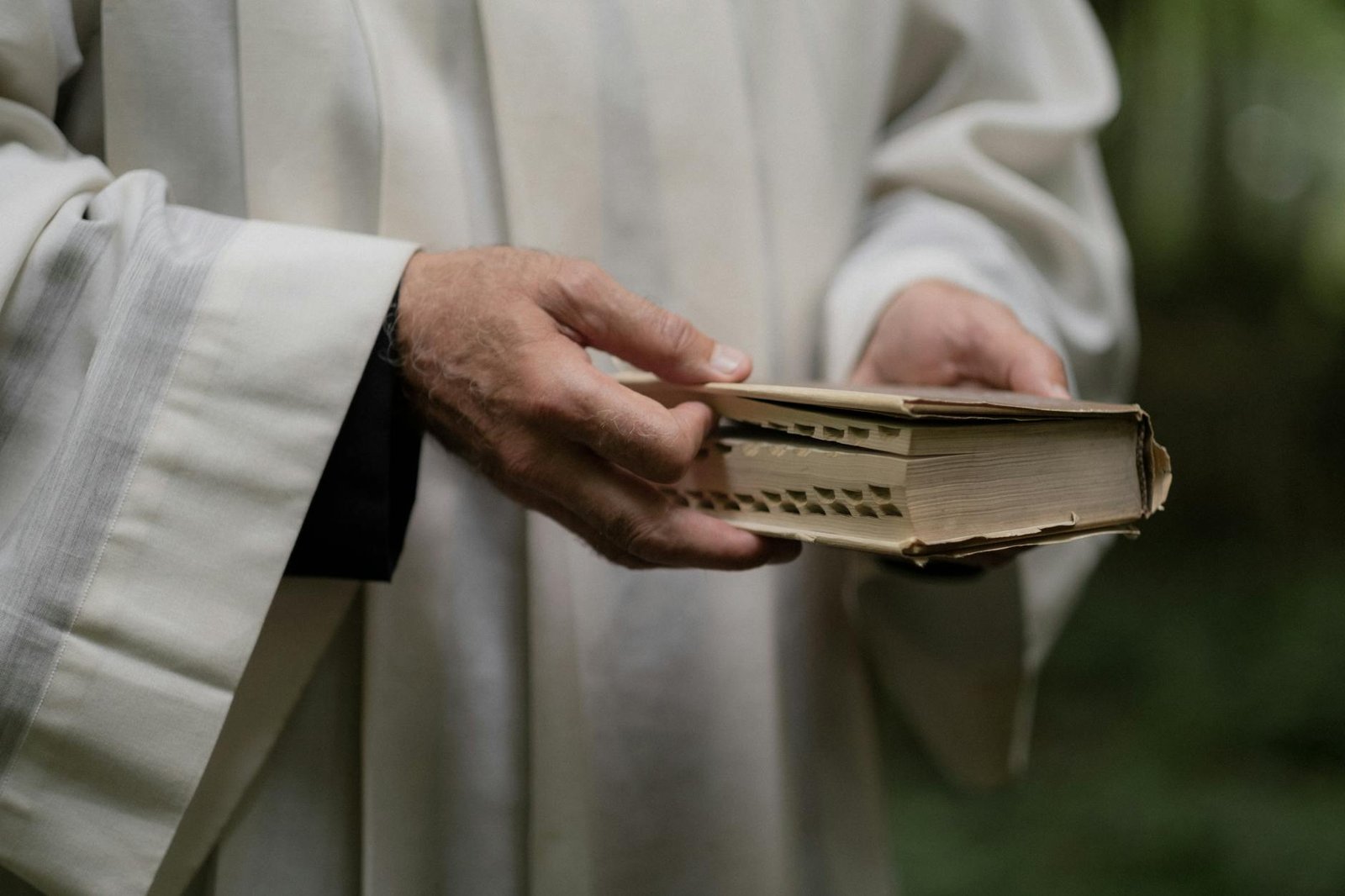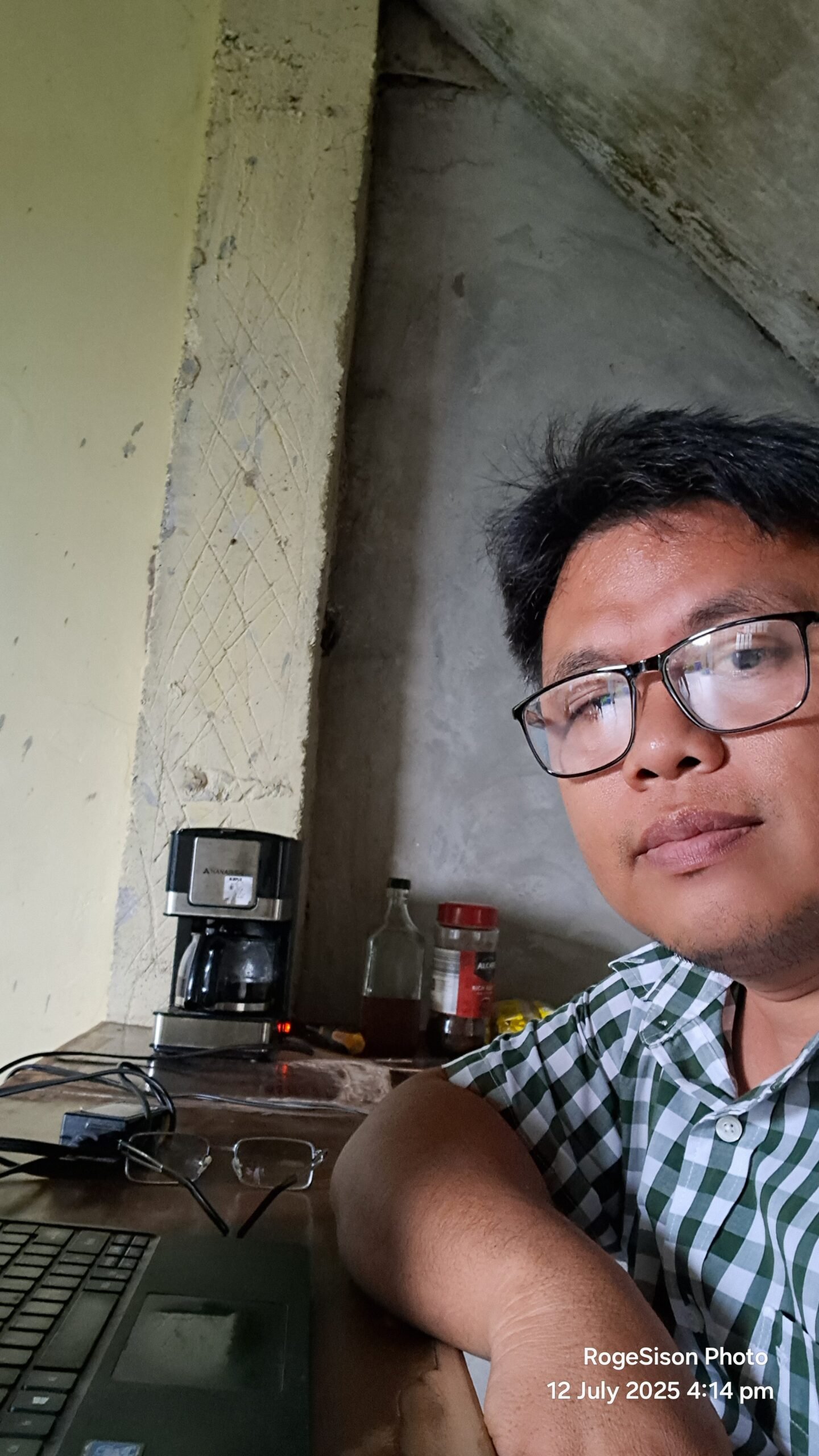
The pastoral robe is more than a garment; it is a symbol of a divine calling, a visible sign of an invisible grace. To wear it is to step into the footsteps of Christ, to take on His yoke, and to embrace the suffering that comes with it. The robe does not merely clothe the body—it binds the soul to a life of sacrifice, intercession, and absolution.
The Yoke of Christ: A Call to Suffering
When Christ calls His disciples, He does not promise comfort or ease. He speaks instead of a yoke:
“Take my yoke upon you and learn from me, for I am gentle and humble in heart, and you will find rest for your souls. For my yoke is easy and my burden is light.” (Matthew 11:29-30)
The pastoral robe is that yoke. It represents submission to Christ’s mission—a mission that is full of suffering, both internal and external.
Internally, the pastor wrestles with the weight of souls, the burdens of a broken world, and the constant call to holiness. There are days of deep loneliness, moments of questioning, and nights of prayer where the only response is silence. The robe becomes a reminder that the one who wears it does not live for himself, but for God and His people.
Externally, the pastor faces rejection, criticism, and even persecution. The world resists the Gospel, and the messenger often bears the brunt of that resistance. To wear the robe is to stand in the gap between God and man, absorbing the pain of both.
A Living Absolution
In the priesthood, the pastoral robe becomes a visible sign of absolution. The priest does not merely preach about the forgiveness of sins—he embodies it. His suffering is not meaningless; it is a participation in Christ’s redemptive suffering. Every prayer uttered, every tear shed, every moment of exhaustion spent in service is a silent offering for the sins of the world.
Like Christ, who bore the weight of the world’s sin on the cross, the pastor carries the sins of his flock in his prayers, confessions, and intercessions. In this sense, wearing the robe is itself an absolution—not by the power of the pastor, but by his union with the One who takes away the sins of the world.
The Glory in the Suffering
Though the robe is heavy with suffering, it is also a garment of glory. To suffer with Christ is to reign with Him. The weight of the pastoral calling is not just a burden—it is a privilege. In embracing this suffering, the pastor finds the deepest joy, for he walks in the very footsteps of the Good Shepherd.
To those who wear the robe: take heart. The suffering is real, but so is the grace. The burden is great, but so is the reward. You are not just wearing fabric; you are wearing the love, sacrifice, and redemptive mission of Christ Himself.
And in the end, when the work is done, the robe of suffering will be exchanged for a robe of glory.



